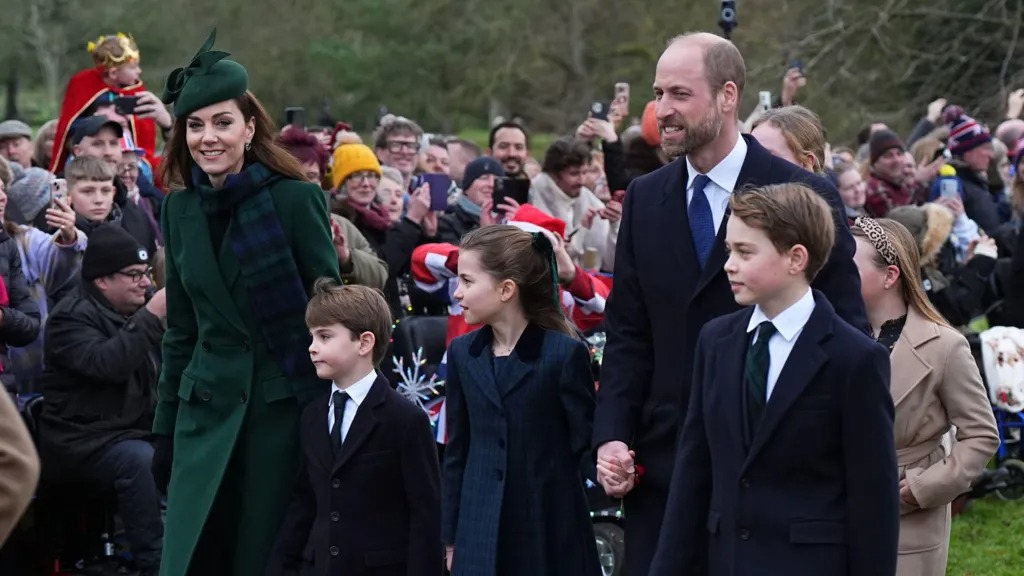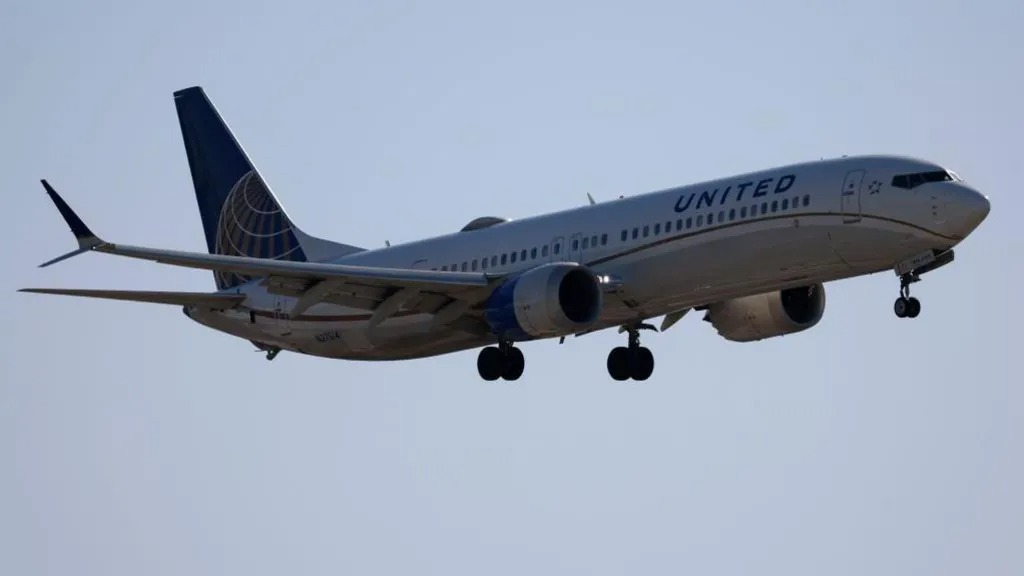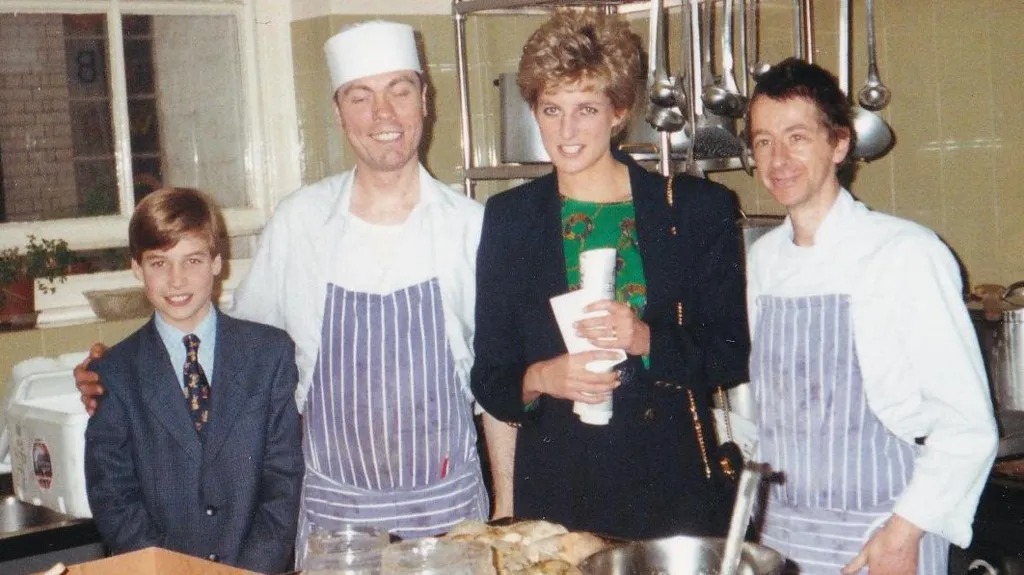Tech billionaire Elon Musk has announced a plan to distribute $1 million (£766,000) daily to registered voters in key swing states until the U.S. presidential election on November 5.
The winners will be randomly selected from those who sign a pro-U.S. Constitution petition by Musk’s campaign group, AmericaPAC, which he established to support Republican nominee Donald Trump’s return to the White House.
The first lottery-style check was awarded to a surprised attendee at a town hall event in Pennsylvania on Saturday night, with another check given out on Sunday.
Pennsylvania Governor Josh Shapiro, a Democrat supporting Kamala Harris, expressed his concerns about Musk’s strategy, calling it “deeply concerning.”
During an interview on NBC News’ Meet the Press, Shapiro suggested that law enforcement should potentially investigate the payments.
The contest is open to voters in Pennsylvania, Georgia, Nevada, Arizona, Michigan, Wisconsin, and North Carolina—key battleground states that will ultimately decide the White House election.
Election law expert Rick Hasen, writing on his personal Election Law Blog, deemed Musk’s offer “clearly illegal.”
Federal law stipulates that anyone who “pays or offers to pay or accepts payment either for registration to vote or for voting” faces a potential $10,000 fine or a five-year prison sentence.
Although Musk is technically asking voters to sign a form, Hasen questioned the intent behind the strategy.
“Who can sign the petitions? Only registered voters in swing states, which is what makes it illegal,” said Hasen, a professor at the University of California, Los Angeles (UCLA) law school.
Those who sign the petition—which pledges to support free speech and gun rights—must submit their contact details, potentially allowing AmericaPAC to contact them about their vote.
Both Musk and AmericaPAC have been approached for comment.
Campaigns and political action committees often use tactics like petition signing, survey requests, or merchandise purchases to build massive databases of voter information. This data can then be used to target voters more accurately or to raise funds from supporters who are already onboard.
In Pennsylvania, Musk is giving voters $100 for signing the petition, plus an additional $100 for each person they refer who signs. Voters in other battleground states receive $47 per referral.
However, this strategy might exploit a loophole in U.S. election law because no one is being directly paid to vote, despite the introduction of money into a process that could identify likely Trump voters.
In the U.S., it is illegal to provide payments to encourage people to vote—not only for a specific candidate but to simply cast a ballot.
This rule led ice cream maker Ben & Jerry’s to give away free ice cream to everyone on election day in 2008, after initially planning to limit it to those with an “I voted” sticker.
While campaigning on Sunday, Trump was asked about Musk’s giveaway.
“I haven’t followed that,” he said, adding that he speaks to Musk often and considers him a “friend.”
The founder of SpaceX and Tesla, and owner of X (formerly Twitter), Musk has emerged as a key Trump supporter.
Musk launched AmericaPAC in July with the goal of supporting the former president’s campaign.
He has so far donated $75 million (£57.5 million) to the group, which has quickly become a central player in Trump’s election bid.
The Trump campaign heavily relies on outside groups such as AmericaPAC to canvas voters.
A statement on the group’s website reads: “AmericaPAC was created to support these key values: Secure Borders, Safe Cities, Sensible Spending, Fair Justice System, Free Speech, Right to Self-Protection.”
Musk stated that he aims to get “over a million, maybe two million, voters in the battleground states to sign the petition in support of the First and Second Amendments.”
“I think [it] sends a crucial message to our elected politicians,” he added.
Musk is currently the world’s richest man, with an estimated net worth of $248 billion (£191 billion), according to U.S. business magazine Forbes.




